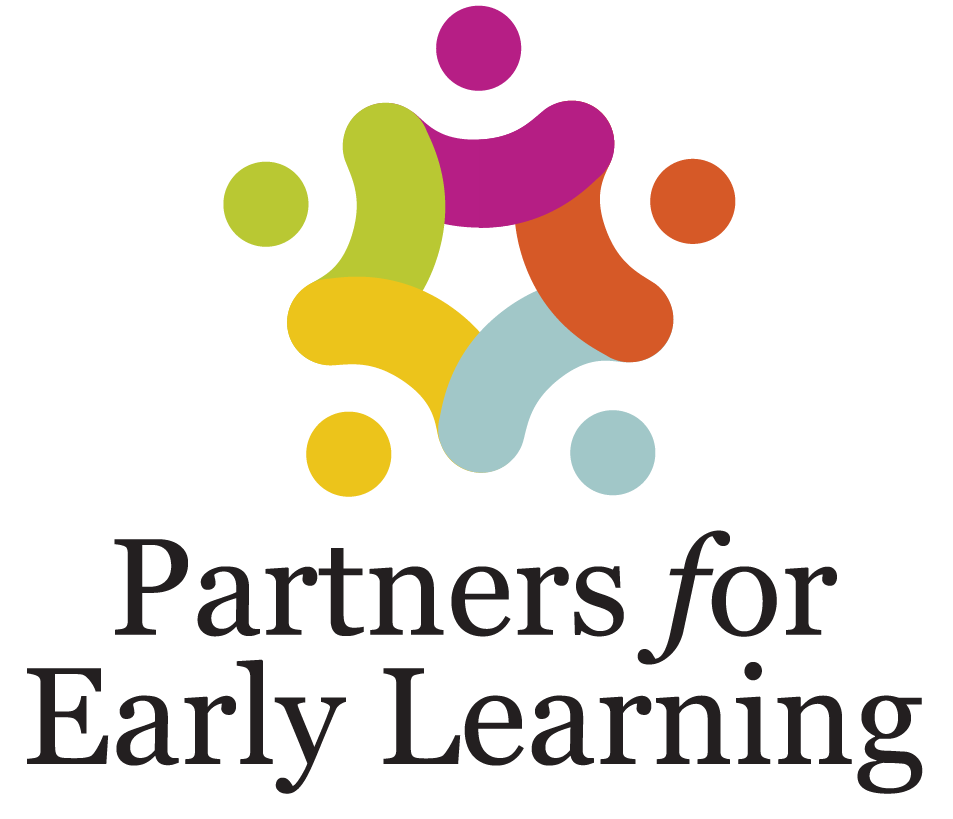Age
Age Milestones For 12-24 Months
Physical: Overview (12-24 Months)
In their second year, children’s sensory abilities reach full maturity, and their first wobbly steps progress to efficient walking, standing
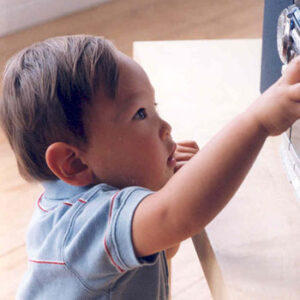
Uses Thumb and Forefinger to Explore Objects and Turn Knobs and Dials, etc. (12-20 Months)
Toward the end of the first year, babies become more skilled at using their thumbs and forefingers to investigate objects.
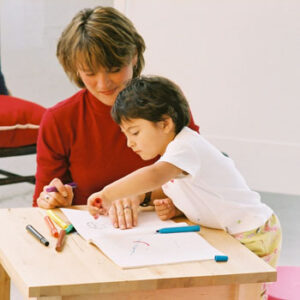
Capable of Copying Simple Horizontal and Vertical Lines and Building Towers (14-24 Months)
By the end of the second year, children are gaining more and more control over simple movements and integrating these
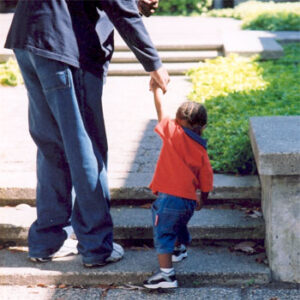
Can Walk Up and Down Stairs Holding On to Support (15-24 Months)
Approximately 6 months after their first steps, most toddlers adopt a much more mature walking style, keeping their feet closer
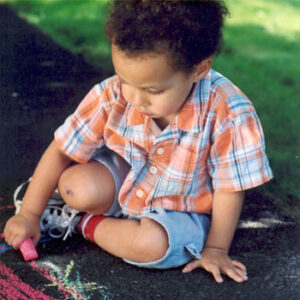
Can Scribble with a Crayon (16-20 Months)
Throughout their second year, children become more skilled with their hands. This includes being able to hold crayons and scribble
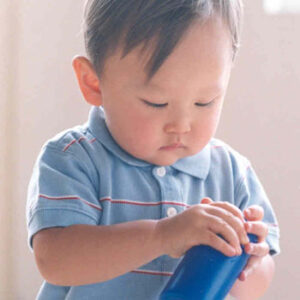
Can Turn Over Containers to Pour Out Contents (16-24 Months)
Although it’s easy to see improvements in large motor skills, one-year-olds also improve their ability to use their hands and
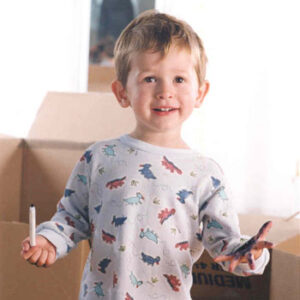
May Begin to Show Hand Preference but May Not Fully Decide for Several More Years (17-33 Months)
Most infants show no clear hand preference (left- or right-handedness) for years. Instead, many seem to alternate between favoring the
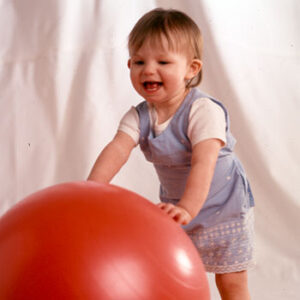
Masters the Skill of Unassisted Walking (18-24 Months)
Most babies start walking unassisted sometime between 12 and 18 months; mastering this skill is the major physical milestone of
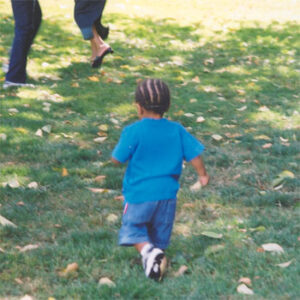
Begins to Run (20-24 Months)
Approximately 6 months after their first steps, toddlers develop a more mature walking style. They keep their feet closer together

Social and Emotional: Overview (12-24 Months)
In their second year, children take a big step in self-awareness. They begin to understand that they are different from

Give Your Child Wings
Why is it important to build a connection? The world can be a very scary place for a toddler unless
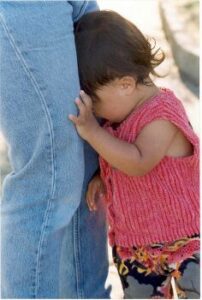
I’m Embarrassed
I’m not too young to be embarrassed Sammy is 20 months old, and he just got a new outfit from
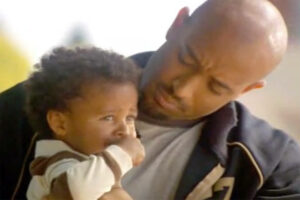
Safari: Making Your Child Feel Secure
Your toddler wants to be independent, but the world can be a scary place. Having you close gives him the

It’s a Stressful Life
How do you teach your child to handle everyday stress? Let’s face it – stress is a part of life.
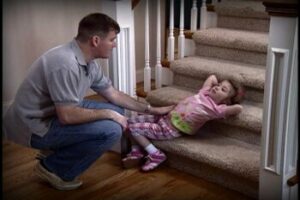
Four Parenting Styles
When dealing with the up-and-down world of emotions, your children naturally take their cues from you. That’s why it’s helpful

Learning from Dad: How Children Feel About Themselves
Your toddler wants to be independent, but the world can be a scary place. Having you close gives him the
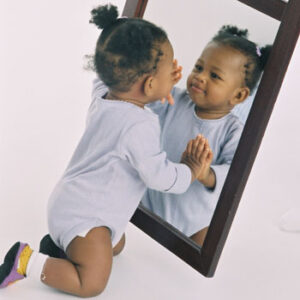
Baby Begins to Develop Self-Awareness (15-24 Months)
Sometime between 15 and 24 months, children take a large step in self-awareness. In an experiment known as the “rouge
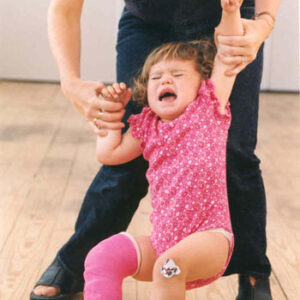
Begins to Show Defiant Behavior (16-24 Months)
As children grow closer to their second birthdays, they take big steps in learning about the desires and feelings of
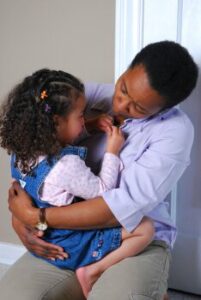
Learning from Dad
Handling big emotions. Tommy: “I hated striking out!”Dad: “I know, but you did a good job of handling your emotion.”Tommy: “It wasn’t easy!”
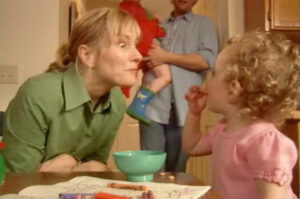
Rough Day: How Children Learn about Stress
Let’s face it, stress is a part of life. And modern life seems to present us with more of it
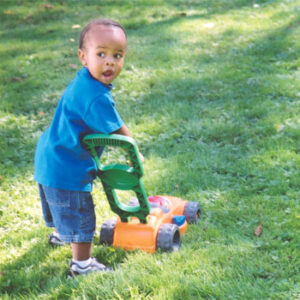
Demonstrates Increasing Independence from Parents and Caregivers (17-26 Months)
Throughout the second year, toddlers will constantly swing back and forth between fierce independence and a desire to cling to
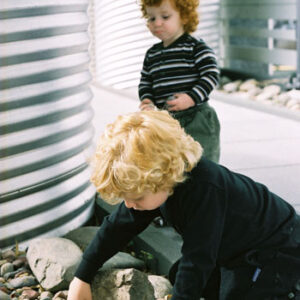
Starts to Display Feelings of Envy (18-24 Months)
Between 15 and 24 months, children take big steps in self-awareness and become more aware of themselves as individuals. They
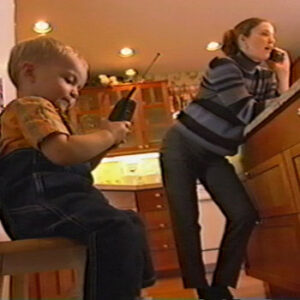
Imitates the Behavior of Others, Especially Adults and Older Children (18-27 Months)
Imitation is a powerful way toddlers learn from others. Instead of simply manipulating household objects as they did during the first
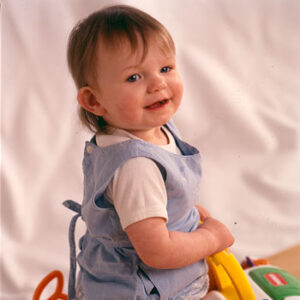
Separation Anxiety Fades (19-24 Months)
Around 6 to 8 months, most children begin to show distress when they are away from their primary caregivers. Children
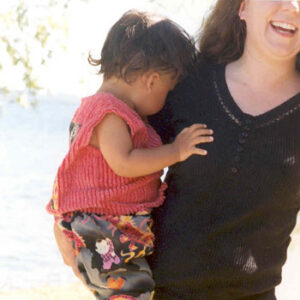
Begins to Show the Emotion of Embarrassment (19-25 Months)
Before they’re about 15 months old, children don’t show the signs of embarrassment–the blushing, smiling, and nervous touching that often
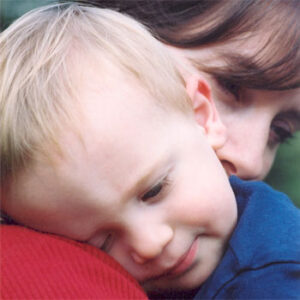
Shows Evidence of Empathy (20-24 Months)
During the second year, children begin to show empathy to others who are upset or hurt. By 18 months, children
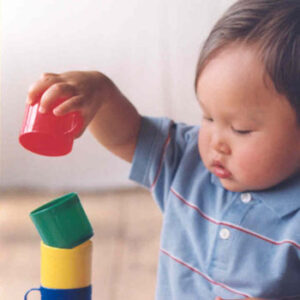
Cognitive and Learning: Overview (12-24 Months)
In their second year, children become more creative in exploring the world. They continue to drop, throw, and bang objects
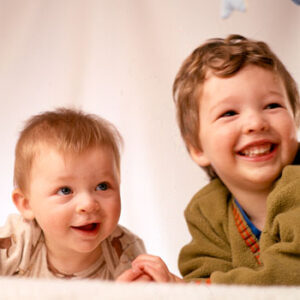
Recognizes the Difference between Self and Other People (12-20 Months)
Between 12 and 15 months, children increase their awareness of themselves as different from others. Although self-awareness develops more fully

Copycats
The world’s best copycats. Babies are born learning from you. Even at birth, infants can watch what you do and
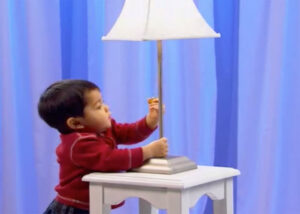
Testing 1,2,3: How Children Learn through Repetitive Behavior
When children begin their second year, it can be a very difficult time for parents and caregivers. Children at this
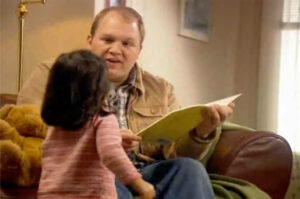
Dad’s Club: Make Reading Fun
“Daddy! Read me a story!” he says while you tuck him between the sheets. And before you know it, he’s
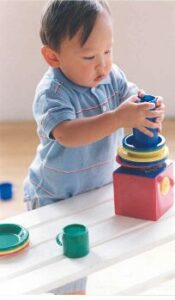
Baby See, Baby Do (15-24 Months)
Babies can remember a lot For decades, scientists didn’t think babies could remember much. Although parents and caregivers suspected that
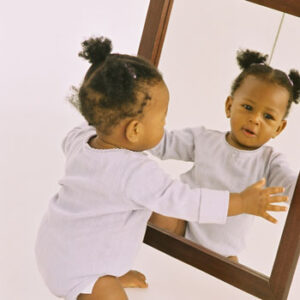
Recognizes Own Facial Features (15-24 Months)
Sometime between 15 and 24 months, children take a large step in self-awareness. In an experiment known as the “rouge
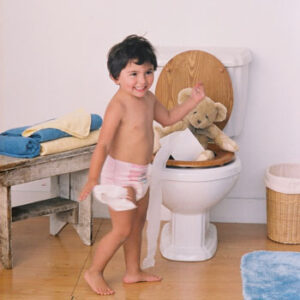
May Show an Interest in Being Potty Trained (16-25 Months)
Many toddlers are ready for toilet training after their second birthday, but early training is possible with some children. If
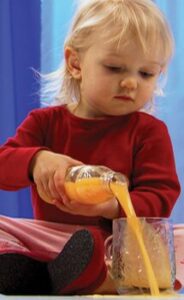
Testing 1, 2, 3
Is your toddler getting into everything? Has your “little angel” started coloring on your walls? Does she throw her cereal
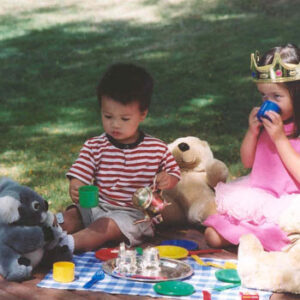
Begins to Pretend in Play (18-24 Months)
Play begins when infants start exploring objects and, at around 18 months, evolve to using them for their intended purpose.
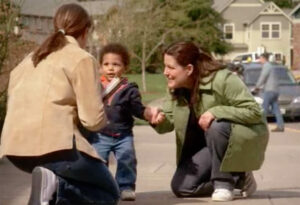
Careful, Frank: Communicating through Emotional Expressions (2-24 Months)
As adults, we do this all the time to obtain feedback from the world around us, but it’s fascinating to
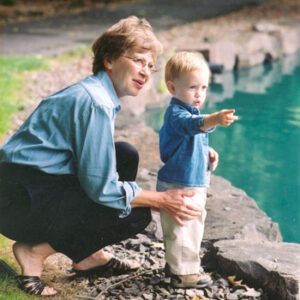
Language and Communication: Overview (12-24 Months)
Around their first birthdays, many children say their first words. Within six months or so, many children have a “word
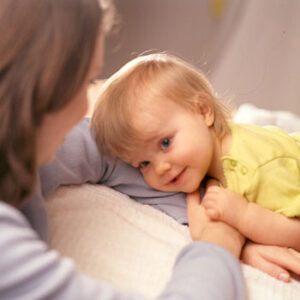
Begins to Imitate Spoken Words (10-14 Months)
At 10 months, some infants will begin to repeat back words they hear, although they may not yet know that
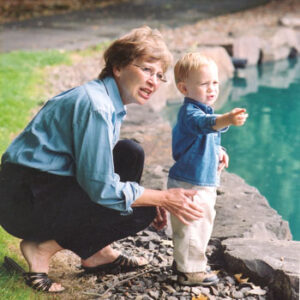
First Words Are Often Spoken at This Time (12-19 Months)
The remarkable achievement of using words to represent things usually begins around 12 months, but babies can vary by several
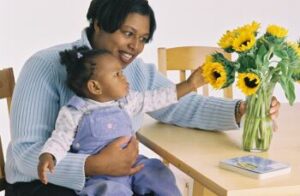
What a Chatterbox
Naming objects is the First step If you’ve spent much time around young children, you’ve probably had conversations like this:
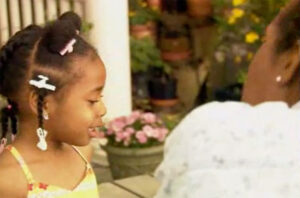
Keep Talking: The Importance of Conversation (12-60 Months)
Talking with an 18-month-old is hard for those who don’t speak toddler language! Some words toddlers say sound just right.
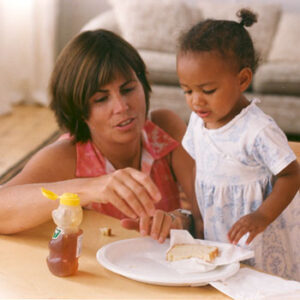
Recognition of Sounds of Own Language Complete; May Have Difficulty Discriminating Certain Sounds of Foreign Languages Later (13-22)
Between 6 and 12 months, babies can literally “hear” the specific sounds of all languages spoken. When compared to adults,
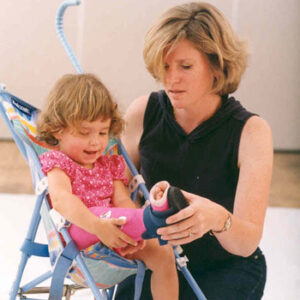
Identifies Names of Familiar People, Objects, and Body Parts (14-24 Months)
Although there is a tremendous variation in the age that toddlers begin speaking recognizable words, their first few words generally
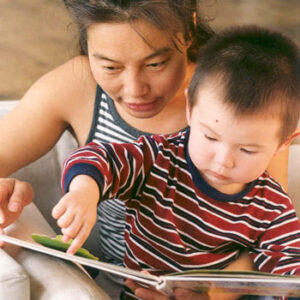
Can Correctly Identify a Picture with its Spoken Name (14-25 Months)
Toddlers make visible progress in their comprehension skills early in their second year, demonstrating their growing understanding of language with
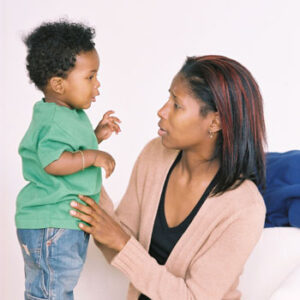
Commonly Uses Two to Four-Word Sentences (15-25 Months)
At the end of their second year, toddlers begin communicating in two- to four-word sentences. This process begins when children
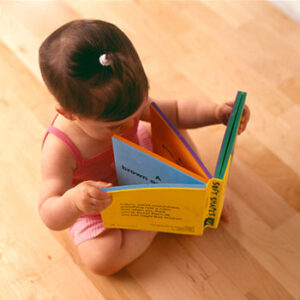
Typically Has a Vocabulary of 200 Words (16-24 Months)
Research has shown that children at 2 years can have a vocabulary of around 200 words, although some normal children
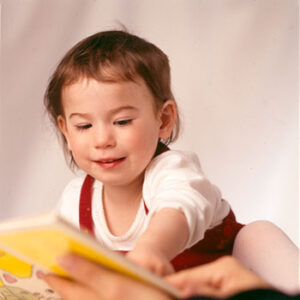
A Rapid Increase in Vocabulary Begins Now: Infants Add 10-20 Words per Day during This Period (18-24 Months)
Sometime around 18 months, most children experience a “word spurt” (or “naming explosion”) that leads to large increases in their

Begins to Use Combinations of Words in Meaningful Ways (20-26 Months)
Before they reach 20 months of age, many children begin to add single words together when they speak. These early
